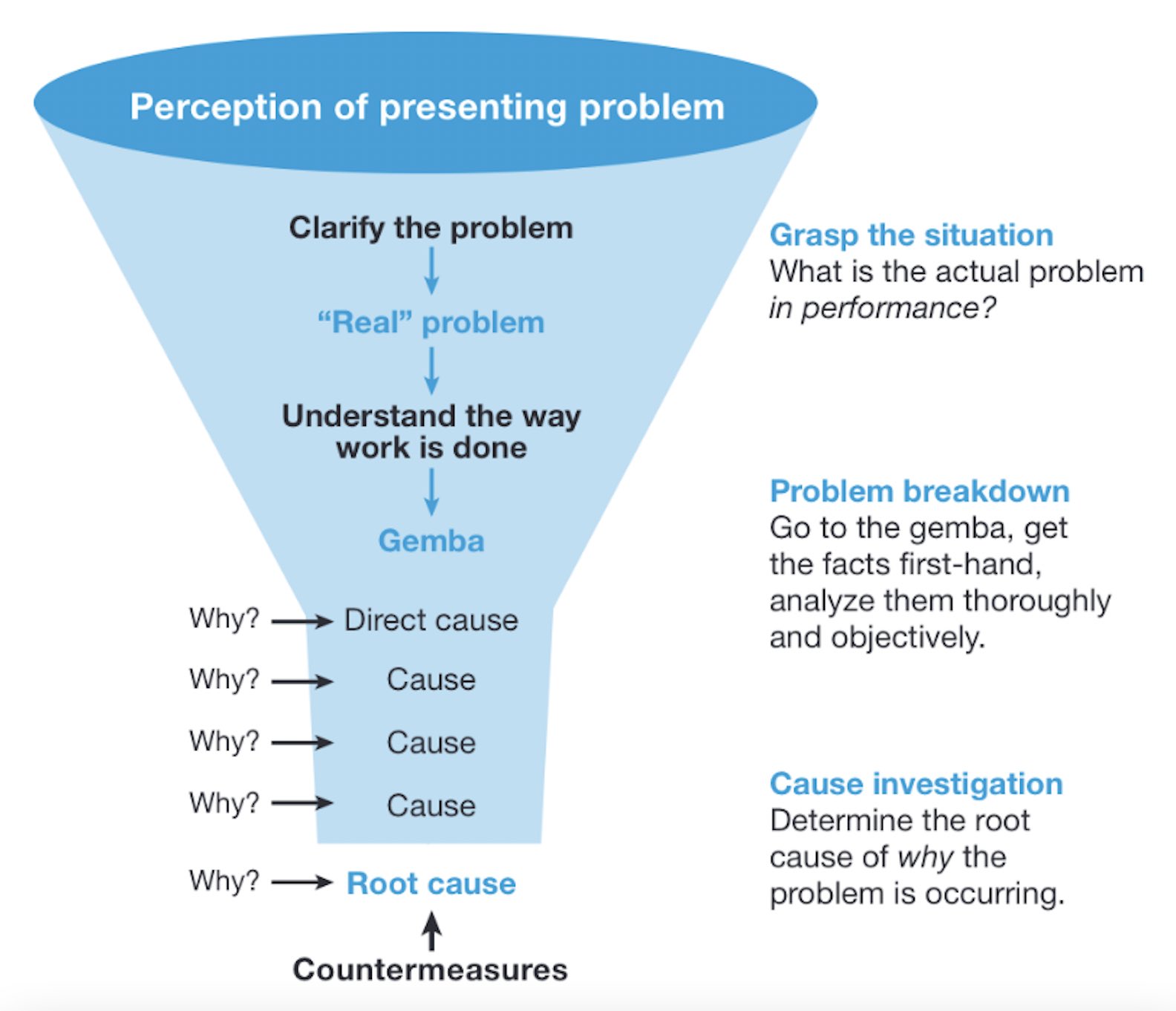Your Complete Guide to Launching a Career as a Sports Scout
Introduction: The Path to Becoming a Sports Scout
Do you have a passion for sports, a sharp eye for talent, and a desire to shape the future of athletic teams? A career as a sports scout could be your perfect match. Sports scouts play a crucial role in identifying and evaluating athletes’ potential, helping organizations at all levels-from amateur to professional-find their next star player. This comprehensive guide will walk you through the actionable steps, skills needed, and real-world strategies to start your journey as a sports scout, based on the latest industry insights and verified resources.
Understanding the Role of a Sports Scout
Sports scouts are responsible for finding, assessing, and recommending athletes for sports teams, colleges, and professional organizations. Their work involves attending games and tournaments, analyzing performance data, and building relationships with coaches, athletes, and other industry professionals. Scouts may focus on a specific sport or handle multiple athletics disciplines, depending on their expertise and the organization’s needs. According to recent reports, scouts often spend significant time traveling and must have keen observational and communication skills to succeed [5] .
Step 1: Gain In-Depth Knowledge of Your Sport
Before pursuing a scouting career, immerse yourself in the sport you wish to scout for. This means:
- Watching games, both live and recorded, to understand strategies and player dynamics.
- Reading books, articles, and scouting reports to learn evaluation criteria.
- Keeping up-to-date with the latest trends and changes within the sport.
Experts emphasize that a deep understanding of the sport’s nuances, rules, and culture is the foundation of effective talent identification [3] .
Step 2: Build Relevant Educational Credentials
While a specific degree isn’t always required to become a sports scout, relevant education significantly enhances your credibility and understanding of the industry. Here are common educational routes:
- Sports Management : Covers business, marketing, finance, and operations within sports. Top universities such as the University of Michigan and Ohio University offer highly regarded programs [1] .
- Kinesiology/Exercise Science : Focuses on biomechanics, physiology, and injury prevention.
- Sports Communications : Prepares you for effective reporting and athlete evaluation.
In some cases, prior athletic experience-such as playing at the college or professional level-can substitute for formal education, especially if you have a strong network and proven skills [2] .
Step 3: Gain Hands-On Experience
Many scouts begin their careers by interning or volunteering with local teams, athletic departments, or sports organizations. Entry-level roles provide essential exposure to player evaluation, team operations, and the day-to-day reality of scouting work. Consider the following approaches:
- Volunteer at youth tournaments, high school, or college games to observe and practice talent assessment.
- Apply for internships with sports teams, leagues, or governing bodies. These positions are often unpaid but offer invaluable networking opportunities and direct experience [4] .
- Work as an assistant to established scouts or coaches to learn the evaluation process firsthand.
Starting at the amateur or collegiate level allows you to build a portfolio and develop the skills necessary for advancement.
Step 4: Build a Professional Scouting Portfolio
Success as a scout depends on your ability to objectively assess talent and communicate your findings. Creating a professional portfolio is essential. Include:
- Written scouting reports on athletes you have observed, detailing strengths, weaknesses, and potential for development.
- Statistical analyses, video breakdowns, and recommendations.
- References or testimonials from coaches, athletes, or industry contacts.
A strong portfolio demonstrates your analytical skills and understanding of what teams are looking for in recruits [4] .
Step 5: Network and Build Industry Connections
Networking is a cornerstone of career progression in sports scouting. Establishing relationships with coaches, agents, sports executives, and other scouts can open doors to new opportunities and provide valuable mentorship. Practical steps include:
- Attending games, tournaments, and industry conferences where decision-makers gather.
- Joining professional organizations, such as the National Institute of Sports Professionals (NISP), to access training, resources, and job listings [3] .
- Leveraging university alumni networks and online platforms like LinkedIn to connect with established professionals.
Building your reputation through consistent, high-quality work and a strong professional presence is key to advancement.
Step 6: Pursue Certifications and Ongoing Development
Although not mandatory, professional certifications can enhance your qualifications and demonstrate your commitment to the field. Consider:
- Certified Scouting Professional (CSP) : Offered by NISP, this certification covers player evaluation, talent identification, and data analysis, adding credibility to your profile [3] .
- Sport-specific training : Major League Baseball (MLB) Scouting Bureau, for example, provides workshops and seminars for aspiring baseball scouts.
- Continuing education : Stay updated with industry trends, data analytics, and new scouting technologies through workshops and online courses.
If you’re interested in a particular sport, research the official league or governing body for available programs and recommended pathways. When official certification programs are not available, focus on skill development and building a strong portfolio to showcase your expertise.
Alternative Pathways and Tips for Success
There are multiple ways to break into sports scouting, especially if you lack traditional credentials. Consider these alternatives:
- Transitioning from Coaching or Playing : Many scouts are former athletes or coaches who leverage their experience and networks to move into talent identification roles. This path is especially common for those with extensive knowledge of the game and a strong reputation [2] .
- Specialize in a Niche : Scouting isn’t limited to mainstream sports. Consider focusing on emerging sports, women’s athletics, or international leagues, where there may be less competition and more demand for skilled evaluators.
- Utilize Digital Tools : Data analytics and video analysis are increasingly vital in scouting. Familiarize yourself with the latest software and technologies used in athlete evaluation to set yourself apart.
Regardless of your entry point, persistence, adaptability, and a genuine commitment to learning are critical for long-term success.
Accessing Job Opportunities and Career Advancement
To access real job opportunities in sports scouting, you should:
- Regularly check the careers pages of professional sports teams, collegiate athletic departments, and sports agencies.
- Search for openings on major job boards using terms like “sports scout,” “athlete evaluator,” or “talent scout.”
- Reach out directly to minor league teams, local clubs, and university programs, expressing your interest and sharing your portfolio.
- Leverage contacts made through internships, volunteer work, or networking events.
Be prepared to start at the amateur or regional level and work your way up. Advancement often depends on the quality of your judgment, your ability to spot undervalued talent, and the relationships you build within the industry. According to the U.S. Bureau of Labor Statistics, the median salary for scouts is around $31,460, with opportunities for higher compensation at the professional level [5] .

Source: careerexplorer.com
Potential Challenges and How to Overcome Them
Breaking into sports scouting can be competitive. Many positions are unpaid or offer modest compensation at the entry level. To overcome these obstacles:

Source: sports-management-degrees.com
- Be persistent and proactive in seeking volunteer and internship opportunities.
- Continuously update your skills and knowledge, especially in analytics and technology.
- Develop a reputation for reliability, integrity, and objective analysis.
- Seek mentorship from established scouts or coaches who can provide guidance and support.
Flexibility and a willingness to relocate or cover less popular leagues can also open doors that might otherwise remain closed.
Summary: Key Takeaways
Becoming a sports scout is a challenging but rewarding journey that requires education, hands-on experience, networking, and a relentless passion for sports. By following the steps outlined in this guide-gaining knowledge, building your credentials, creating a portfolio, networking, and pursuing ongoing development-you can position yourself for success in this dynamic field. Remember, there is no single path; persistence, adaptability, and a commitment to excellence will set you apart.
References
- [1] Jobs in Sports (2024). How To Become A Sports Scout: 6 Key Steps.
- [2] Sports Management Degrees (2024). How To Become a Sports Scout.
- [3] CareerExplorer (2024). How to become a sports scout.
- [4] University of Kansas Online Sport Management (2024). How to become a sports scout.
- [5] Raise.me (2024). Coaches and Scouts: Salary, career path, job outlook, …



